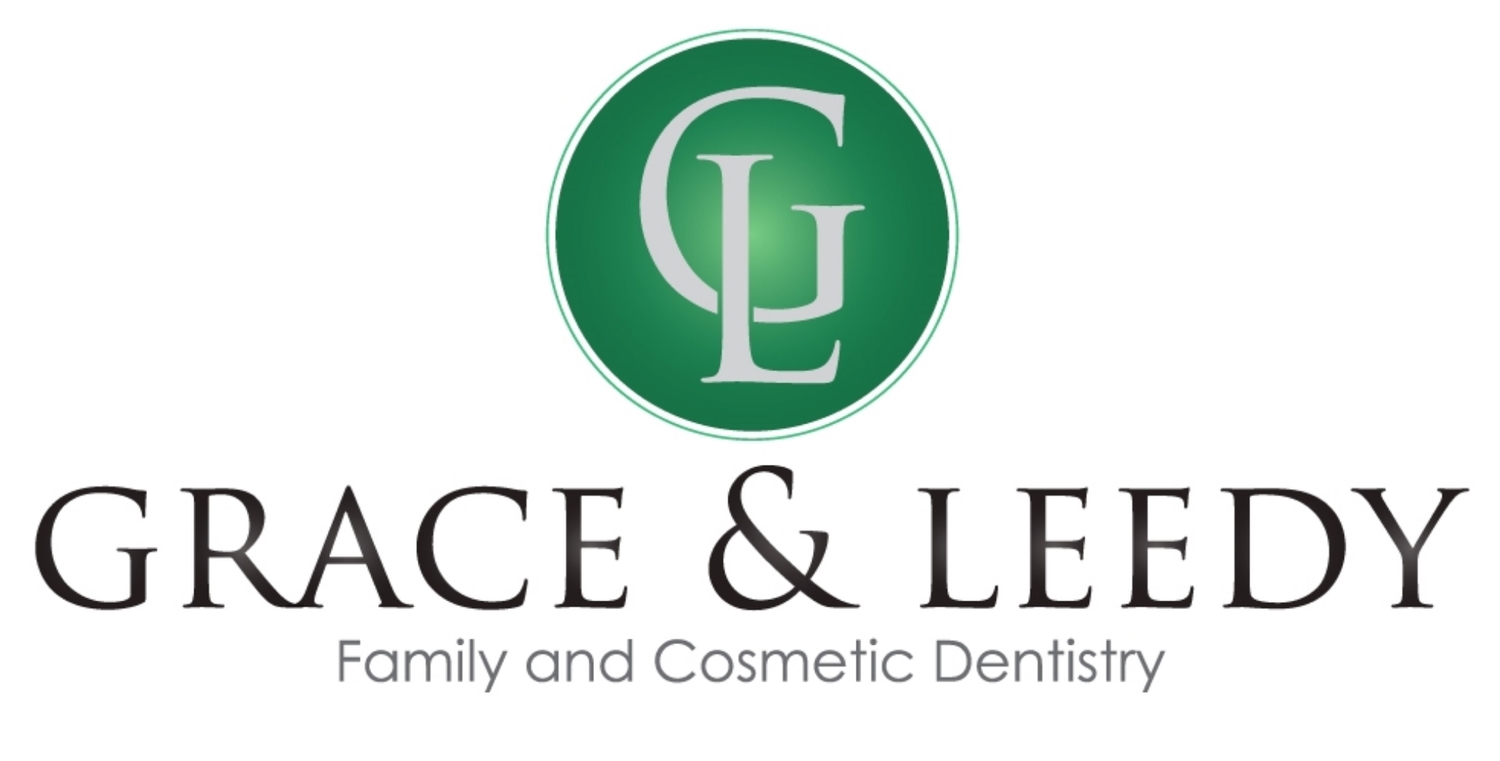
Dental Emergencies - What To Do
The unexpected has happened, and chances are the timing is far from perfect. You're experiencing a dental emergency, and it can be hard to know exactly what to do. From an early age we're taught what we should do in a medical emergency, call 911. However a dental emergency often calls for a different response. You won't need to call an ambulance, but you will need to act quickly depending on the injury you've sustained. Here are some tips on how to react during a dental emergency.
Stay Calm!
The worse thing you can you do in a dental emergency, or any emergency for that matter, is panic. Injuries to the teeth, gums and jaw can happen when we least expect it, but it doesn't necessarily mean you'll lose your teeth or face a permanent condition. So the first step is to take a deep breath and think clearly.
Pain is common in many dental injuries, but it's not a given that you'll feel pain after an impact to the mouth or other injury. So remember the absence of pain isn't necessarily a sign that you're fine. Teeth can chip or break and pain may not surface for several hours or even days. If you've sustained an impact or something doesn't feel right in your mouth, it's wise to investigate it in the mirror or have someone else look at it.
Of course if you're feeling significant pain in your mouth, teeth, gums or jaw, then chances are you're in need of immediate care. For situations with or without pain, remain calm and contact your dentist as soon as possible. Dentist offices leave time open in their daily schedules to deal with emergencies, and often you'll be able to get in without an appointment. If it's past business hours, you can go to an after hours dental clinic or the emergency room depending on the severity of the injury. It's not a bad idea to ask your dentist what they recommend for after hours emergencies as well.
Knocked Out Teeth
One of the most common reasons for an emergency dental visit is a knocked out tooth. Patients often panic at the sight of a loose tooth in their mouth or on the ground, and many think they won't be able to save it once it is knocked out. However, often the tooth can be saved, and so it is important to care for it until you can get to the office.
First, rinse your mouth with warm water to remove any dirt or debris sustained in the injury. Next, try to insert the tooth back into its socket, but do it gently. The most important thing in an injury like this is to keep the root undamaged. Do not touch the root with your fingers and make sure you don't grind or jam the tooth back into the socket.
You'll want to keep the tooth moist until you can get to the dentist. If you can't reinsert it, you can wrap it in a moist paper towel or keep it in your mouth between your cheek and gums. Now you'll want to call your dentist to tell them you're coming and get there as soon as you (safely) can. If you can't find the tooth, let your dentist know and still head to the clinic as soon as possible.
Tooth Chips And Fragments
Chipped teeth and fragments are another occurrence that often cause an emergency visit, and the protocol is similar to a knocked out tooth. Rinse your mouth with warm water and recover the chip or fragment if possible. If you're not in pain, you may be able to wait a day or two before visiting the dentist for fillings and repair. Regardless, you should call your dentist and tell them what happened for further instructions.
Swollen Gums Or Face
The appearance of swelling, especially large swollen areas in the face or gums, is usually the indication of an infection, and you'll want to get to your dentist right away. If your dentist isn't available, get to the emergency room. Infections can be dangerous or life-threatening if left untreated. Make sure you drink plenty of fluids as you head for care, and stay upright. Do not lay down if you're experiencing swelling of the face or mouth.
Jaw Injuries
Swelling in the jaw may resemble the symptoms of an infection, but often this type of swelling is accompanied by an injury or fall. The first thing to do is place ice on the injured area. Next you'll want to call your dentist and tell them what happened. In severe instances where you can't move your jaw or close your mouth, it is better to head to the emergency room for care.
Final Thoughts On Dental Emergencies
You may encounter other dental emergencies aside from what is listed above, but the protocol is always the same. Stay calm and remember that these conditions can be quickly addressed and fixed by a dental professional. Even knocked out teeth can be replaced depending on the injury. Keep knocked out teeth moist and place ice on swelling areas. Then call your dentist immediately to tell the what is going on. If it is after hours, you may want to head to the emergency room or an emergency dental clinic.
It never hurts to prepare for an emergency either. Schedule a checkup with Grace & Leedy Dentistry and we can walk you through what to do if an unexpected emergency happens.
Location
10881 West Asbury Ave Suite 210, Lakewood, CO 80227
Phone: (303) 989-0452
Office Hours
MON8:30 am - 1:30 pm
TUE7:00 am - 3:30 pm
WED - THU8:00 am - 5:00 pm
FRI7:00 am - 3:30 pm
SAT - SUNClosed








comments